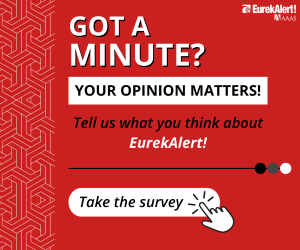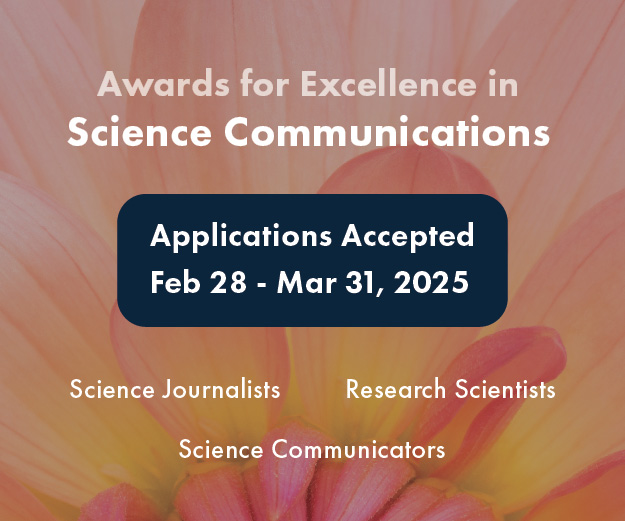Fellowship recipients will write a news article on a scientific session of their choosing, which we will edit and post on the NASW website. Last year's stories are here:
http://www.nasw.org/events/past?conference=76&year=75
Recipients make their own travel arrangements to Vancouver and provide receipts for reimbursement after the meeting. NASW will pair up students in hotel rooms if winners would like to defray costs.
All travelers to Canada from the United States need a valid U.S. passport. We are requiring all applicants for travel fellowships to have a valid passport by the entry deadline of Dec. 1. Only currently enrolled undergraduate students are eligible for travel fellowships. Students may study in any major, but preference will be given to those who have published articles about science in student newspapers or elsewhere.
The world's largest general science society, AAAS holds a major annual meeting that draws leading scientists from all disciplines. Hundreds of American and international science writers from magazines, newspapers, radio, TV and web cover the event. NASW also will conduct an internship fair at AAAS for young science journalists.
Please copy the application below into an email and send it with the required writing sample (as an attachment) by 5 p.m. EST Thursday, Dec. 1, 2011, to mentor@nasw.org. We will select winners by Dec. 15.
---APPLICATION: NASW STUDENT TRAVEL FELLOWSHIP TO AAAS 2012---
Name: ________________________________________________________
Mailing address: _____________________________________________
Email: _______________________________________________________
Telephone number(s): _________________________________________
Birthdate: ___________________________________________________
School: ______________________________________________________
Major: _______________________________________________________
Minor (if any): ______________________________________________
Anticipated Graduation Date: _________________________________
Faculty reference (Please provide the name and contact information for a professor who is willing to discuss your qualifications if needed):
Describe any journalism experience you have outside of the classroom (school newspaper, internships, etc):
Please describe any of your classes or extracurricular activities that reflect an interest in science or communicating science:
The main component of your application will be a science writing sample, roughly 400 to 800 words in length. You may include a previously published clip (from a school newspaper, for example). However, we will also accept original, unpublished entries that meet the requirements below:
- A profile of a researcher at your school. It should describe the person's research goals and methods, as well as why the scientist finds the work important or fascinating. While the profile can include the researcher's background, a premium should be placed on clearly and accurately describing the science he or she is conducting. The style should be journalistic; imagine trying to place this story in the school newspaper or alumni magazine. (Please provide the researcher's contact information as well)
OR
- A news account of a scientific lecture or presentation given by a university researcher or a visiting scientist. This is not intended to be a coverage of a class lecture; the talk covered should be one given to a wider audience, whether the full university or a specific department, and the story should place the researcher's latest work in context. Examples: A botany professor discussing new plant species her team found in the Amazon, or an astronomer describing how new observations of supernovae provide an age for the universe. This story may require a post-talk interview with the researcher. (Please provide time and date of the talk and the researcher's contact information as well.)




